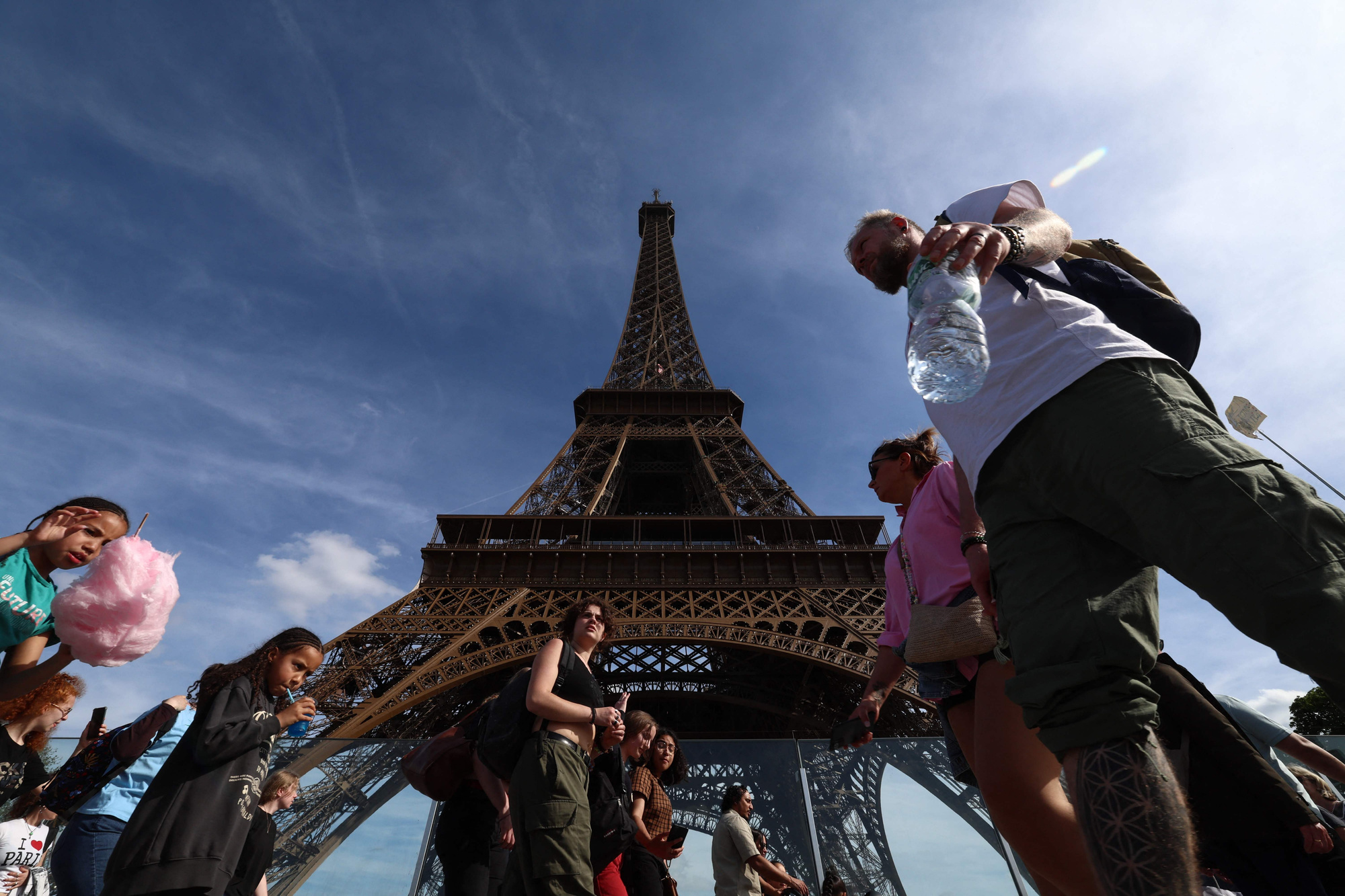Five coffins were discovered on Saturday 1 June at the foot of the Eiffel Tower, and three people suspected of depositing them were taken into police custody, sources said on Sunday, one of them indicating that an investigation was underway to determine “possible foreign interference”.
As reported by Le Monde and AFP.
At around 9 a.m. on Saturday 1 June on the Quai Branly, three people deposited “five full-size coffins covered with a French flag, marked ‘French soldiers from Ukraine’”, a source close to the case told AFP. The coffins “contained plaster”, she added.
The Paris public prosecutor’s office confirmed that the three suspects were born in Bulgaria, Germany and Ukraine, and were still in custody on Sunday on charges of “premeditated violence”. The possibility of “foreign interference” has not been ruled out.
The driver of the van used to transport the coffins was “stopped on the outskirts” of the Eiffel Tower, the source continued. The driver told police that he had “been paid 40 euros to drop off the individuals and the cargo”, said a police source. He had arrived from Bulgaria the previous night, she added.
Two other people were then arrested at around 4pm at the Bercy bus station, as they were about to “take a bus to Berlin”, the sources added.
Foreign interference in France
This incident echoes two recent cases involving similar suspicions of foreign manipulation. On the night of 13-14 May, red hands were spray-painted on the Shoah memorial in Paris, and police suspect three people who had fled abroad.
In October, after the start of the Israel-Hamas war, stars of David were spray-painted on several building facades in the Paris region. The French authorities blamed the Russian security services (FSB) for the incident, which led to the arrest of a Moldavian couple.
In both cases, they are “sponsors paid to destabilize and play on the cleavages in French society”, according to Foreign Affairs Minister Stéphane Séjourné in mid-May.
Strategic ambiguity
In late February, Macron introduced the possibility of deploying NATO troops in Ukraine, stating that while there was “no consensus” on sending combat personnel, all options for supporting Ukraine should remain open.
Several NATO leaders quickly downplayed the likelihood of troops engaging directly on the front lines. Later, some nations mentioned that the deployment of non-combat troops should not be ruled out.
Recently, Macron has advocated for strategic ambiguity regarding the possibility to deploy French troops in Ukraine amid the ongoing Russo-Ukrainian war.
Read more:
- Macron doesn’t rule out sending troops to Ukraine; Stoltenberg says NATO has no such plans (updated)
- Macron advocates strategic ambiguity in French troop decisions for Ukraine
- Macron’s conditions to deploy troops in Ukraine: Russia’s breakthrough and Ukraine’s request
- Among French youth, half would be ready to fight in Ukraine to defend France


